Listening Groups to Identify Healthcare Concerns Among Massachusetts Recovery Communities
The main goal of this project was to identify care concerns among those in recovery from mental health or substance misuse challenges.
Our Peer Consultants (PCs) designed and piloted a semi-structured interview guide for listening groups, which included questions related to lived experience and topics of interest. A total of 18 listening groups were held with diverse participants across the state of Massachusetts.
Guided by these original listening groups, our PCs have gone on to develop and implement the Parents in Recovery Video Project as well as the Cultural Access, Inclusivity, and Racial Equity (CAIRE) Project.
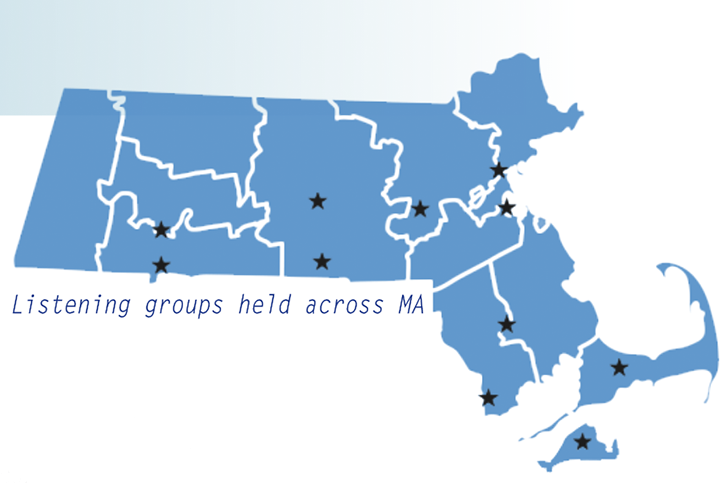
METHODS
PCs designed and piloted a semi-structured interview guide for listening groups, which included questions related to lived experience and topics of interest.
A total of 18 listening groups were facilitated with 159 participants, and were held among recovery communities spanning the state of Massachusetts. Historically underrepresented groups were recruited to participate, including: Latinx, African Americans, LGBTQ+, homeless persons, students/young adults, and deaf and hard of hearing community members.
RESULTS
A total of 18 listening groups were facilitated among 159 participants, with two conducted in Spanish and one conducted in American Sign Language. The median age of participants was 48.0 years (IQR: 33.5-59.0), and the majority of respondents self-identified as White (57%), female (57%), and non-Hispanic (63%). Approximately 20% of participants distinguished themselves as Certified Peer Specialists.
Listening groups were audio-recorded and transcribed, and those conducted in Spanish were translated through consensus by two native Spanish speakers. A diverse coding team that included a PC, a research fellow, and a clinical research coordinator used rapid analysis coding to consolidate findings and identify themes within and across listening groups.
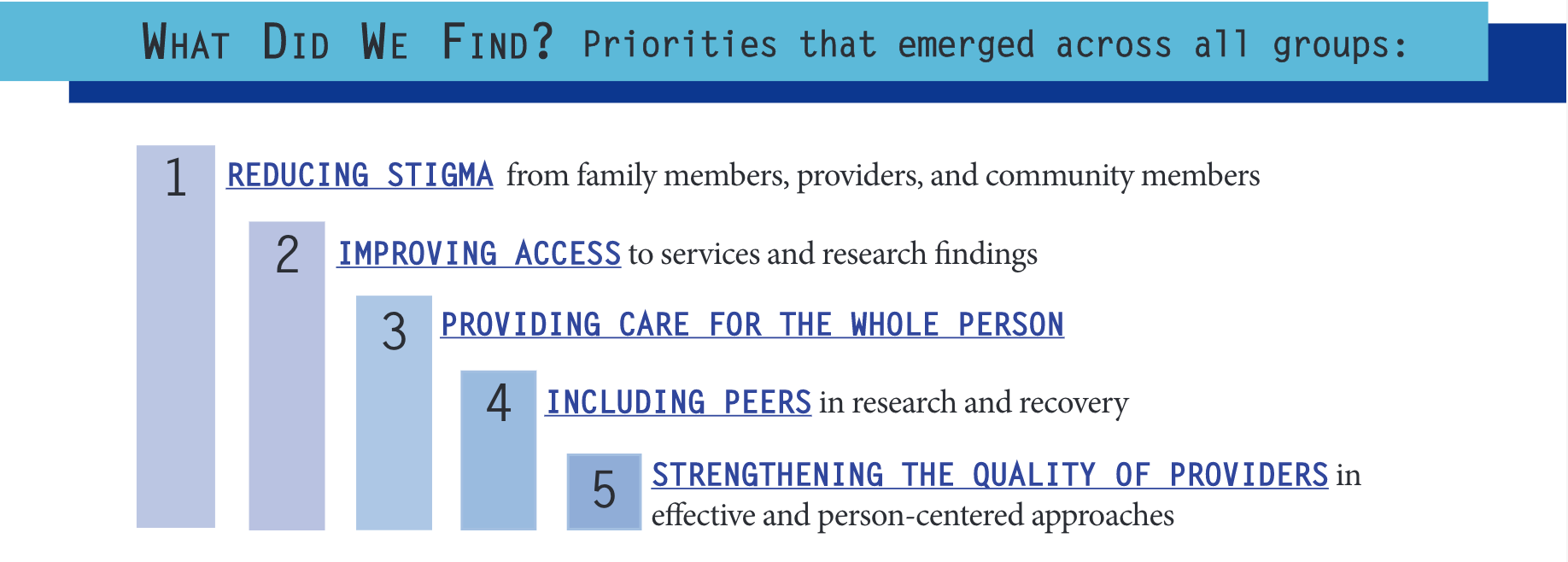
The priorities that emerged after coding were:
1) Reduce stigma from family members, providers, and community,
2) Improve access to services and research results,
3) Provide holistic care that accounts for the entire person,
4) Include peers in the development and implementation of research projects and the recovery process, and
5) Strengthen the quality of providers and improve training in effective and person-centered approaches.
These findings were shared back to MA recovery communities, and are the guiding priorities for the new research projects that PCs design and implement.
Listening groups were audio-recorded and transcribed, and those conducted in Spanish were translated through consensus by two native Spanish speakers. A diverse coding team that included a PC, a research fellow, and a clinical research coordinator used rapid analysis coding to consolidate findings and identify themes within and across listening groups.
COE PEER CONSULTANTS
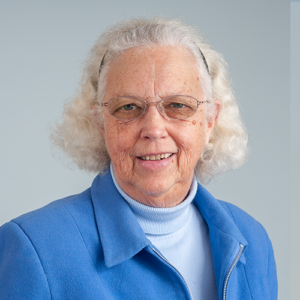
Anne Whitman, PhD, CPS
SENIOR PEER CONSULTANT
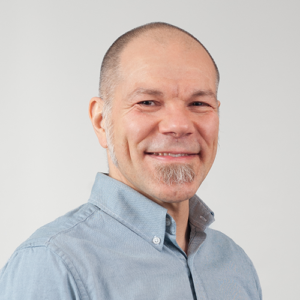
Paul Alves, CARC, NCPRSS, MAPGS
PEER CONSULTANT
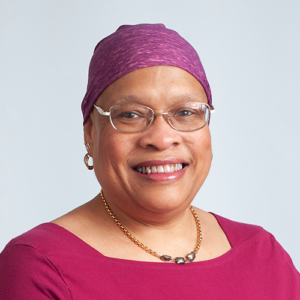
Valeria Chambers, CPS, EdM, CAS
PEER CONSULTANT

Christina Lamkin
PEER CONSULTANT
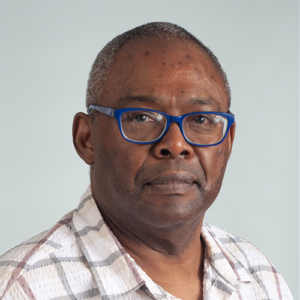
Stan Langston
PEER CONSULTANT
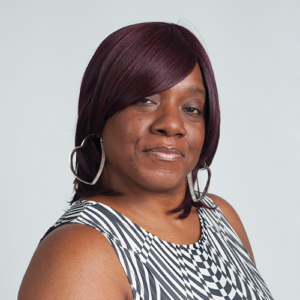
Sharina Jones
PEER CONSULTANT
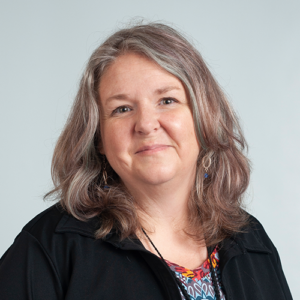
Ryan Markely, BA, CPS
PEER CONSULTANT
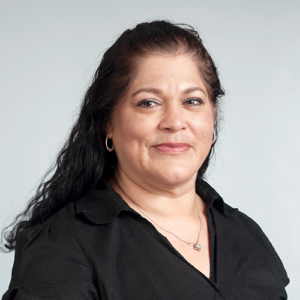
Jacqueline Martinez, FPS, CPS
PEER CONSULTANT
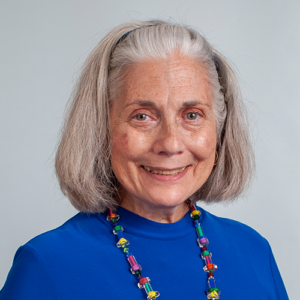
Cynthia Piltch, PhD
PEER CONSULTANT
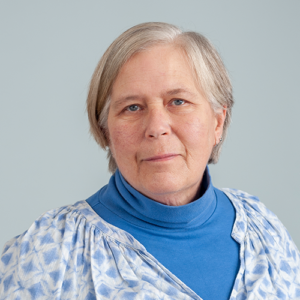
Sandra Whitney-Sarles, MS, CPS, COAPS
PEER CONSULTANT
COE PROJECT STAFF
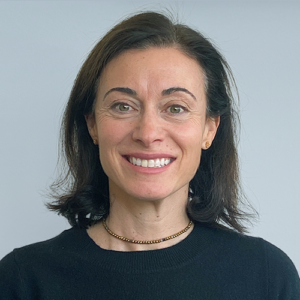
Corinne Cather, PhD
PRINCIPAL INVESTIGATOR
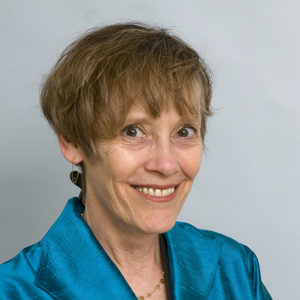
Derri Shtasel, MD, MPH
CO-INVESTIGATOR
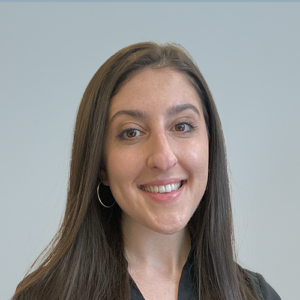
Katherine Kritikos, MPH
PROGRAM MANAGER

Lisa LeFeber, BA
CLINICAL RESEARCH
COORDINATOR
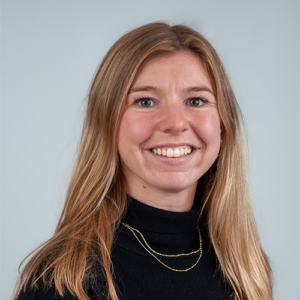
Julia London, BA
CLINICAL RESEARCH COORDINATOR
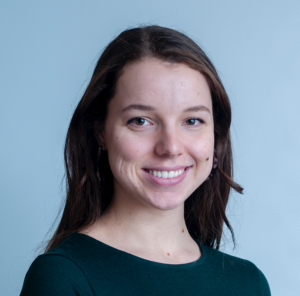
Hannah Skiest, BA
CLINICAL RESEARCH
COORDINATOR
Additional Collaborators
Diana Arntz, PhD; Jonathan Burke, JD; Cheryl Foo, PhD; Scott Francis, CPS; Reverend Norma Heath; Beth Starck, BA.
Funding
Funding for these projects was provided by the MGH COE/Massachusetts Department of Mental Health.